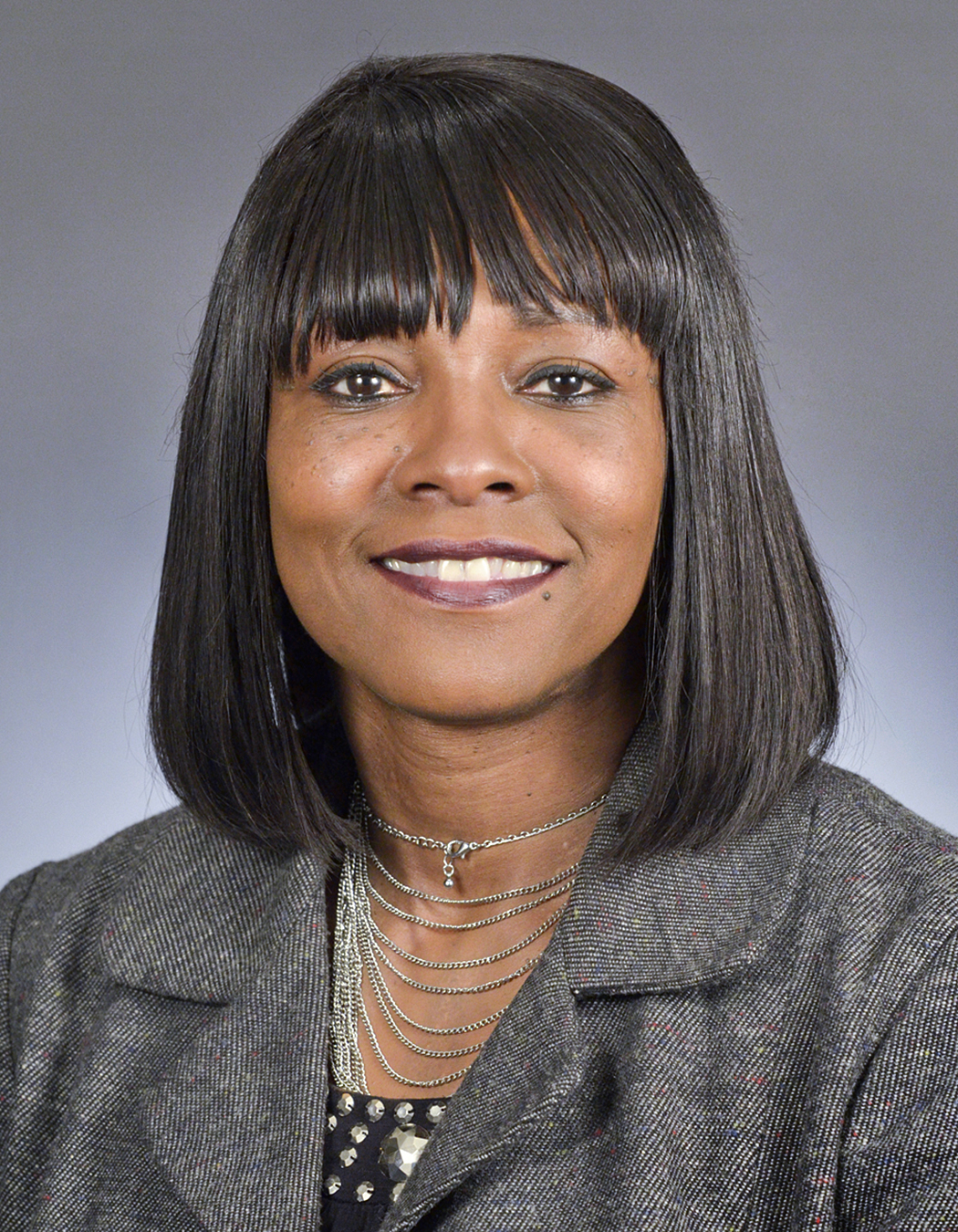Omnibus health policy bill to House floor
The omnibus health policy bill focuses on practical changes with bipartisan support, many of which are intended to improve access to care and treatment.
HF3727 is sponsored by Rep. Rena Moran (DFL-St. Paul) and was approved, as amended, by the House Health and Human Services Policy Committee in a remote hearing Tuesday afternoon. It now heads to the House Floor.
A companion, SF3560, is sponsored by Sen. Michelle Benson (R-Ham Lake) and awaits action by the Senate Rules and Administration Committee.
Moran said she and Benson have worked together to make sure that the bills were “as close to identical as possible before reaching the floor,” eliminating the need for a protracted conference committee process.
The bill is specific to health policy and does not touch on human services initiatives, which were covered in a separate piece of legislation sent to House Floor during a meeting last week.
“The two bills we have passed … represent an incredible body of work, given the unique challenges we have faced this year,” Moran said.
One new provision would authorize pharmacists to prescribe self-administered hormonal contraceptives, nicotine replacement medications, and opiate antagonists used for overdoses, and require health plans to provide coverage for these prescriptions, unless the pharmacy is out-of-network.
Most Minnesotans live within five miles of a community pharmacy, so “why not use this untapped resource to increase access to care?” asked Rep. Alice Mann (DFL-Lakeville).
An earlier version of the provision would have included a wider range of tobacco cessation medications, but it was limited to nicotine replacement medications like patches, gum, and lozenges for safety reasons, Mann said.
Rep. Debra Kiel (R-Crookston) said the change would greatly benefit rural Minnesotans, who can face barriers in accessing to those services.
Other notable provisions include language that would:
- eliminate unnecessary administrative barriers that impede physician’s assistants’ ability to practice in Minnesota;
- require health care providers to give patients their own health information and records within 30 days of a written request;
- permit, rather than require, medical cannabis manufacturers to operate eight distribution facilities in the state;
- require the Department of Health to conduct at least one unannounced inspection of each medical cannabis manufacturer per year until a state-centralized, seed-to-sale system is implemented;
- allow patients receiving veteran’s disability or railroad disability to pay a reduced fee when enrolling in the state’s medical cannabis program;
- allow telemedicine evaluations to suffice for prescribing drugs for the treatment of erectile dysfunction;
- make changes to last year’s opioids law, converting the “account” into a “fund,” changing some terminology, and modifying council procedures and term limits;
- update laws related to Medical Assistance and Minnesota Care to reflect current practice;
- clarify that the cost of a private room in an assisted living facility should not be considered a medical expense that can be deducted from income prior to paying for the cost of institutional care;
- add advanced practice registered nurses and podiatrists to the list of providers who can prescribe prosthetic and orthotic devices;
- allow Medical Assistance to pay for services for persons who have been screened for breast or cervical cancer though a wider array of programs;
- clarify that Medical Assistance may cover medical services that are unrelated to clinical trials;
- require health carriers to reimburse multi-step dental procedures, even if the entire procedure is not completed because the patient moves, doesn’t show up, changes coverage, or loses coverage; and
- better align existing statutes with current practice, delete obsolete language, repeal obsolete sections, incorporate federal requirements into state law, and correct drafting errors.
Several additional amendments to the delete everything amendment were also approved by the committee, some of which are directly tied to the COVID-19 pandemic.
These include a provision that would amend current law to allow the Board of Pharmacy to work directly with the University of Minnesota to establish a central drug repository program, instead of undergoing a request-for-proposal process.
This should allow the repository — passed into law last year — to get up-and-running as soon as possible, despite additional strain on the state caused by the pandemic, said Rep. Todd Lippert (DFL-Northfield).
An amendment offered by Rep. Kristin Bahner (DFL-Maple Grove) would authorize pharmacists to administer COVID-19 vaccines when one becomes available, similar to the way that they are permitted to provide seasonal influenza vaccines. The provision would improve access, especially for high-risk populations, and limit any unnecessary delays once that option becomes available, she said.
Specific to the COVID-19 peacetime emergency, a provision offered by Rep. Kelly Morrison (DFL-Deephaven) would allow pharmacists to change patients’ medications to a therapeutically equivalent drug, should the prescribed medication be unavailable due to a shortage, and their prescriber can’t be reached in a reasonable amount of time.
What’s in the bill?
The following are selected bills that have been incorporated in part, or completely, into the omnibus human services policy bill.
Related Articles
Search Session Daily
Advanced Search OptionsPriority Dailies
Stable budget outlook projects $3.7 billion surplus now, no deficit in next biennium
By Lisa Kaczke The projected surplus for Fiscal Years 2026-27 is now higher than it was in the November estimate, and no deficit is projected for the next biennium.
“Minnesota’s budge...
The projected surplus for Fiscal Years 2026-27 is now higher than it was in the November estimate, and no deficit is projected for the next biennium.
“Minnesota’s budge...
Legislative leaders set 2026 committee deadlines
By Lisa Kaczke Legislative leaders on Tuesday officially set the timeline for getting bills through the committee process during the upcoming 2026 session.
Here are the three deadlines for...
Legislative leaders on Tuesday officially set the timeline for getting bills through the committee process during the upcoming 2026 session.
Here are the three deadlines for...
